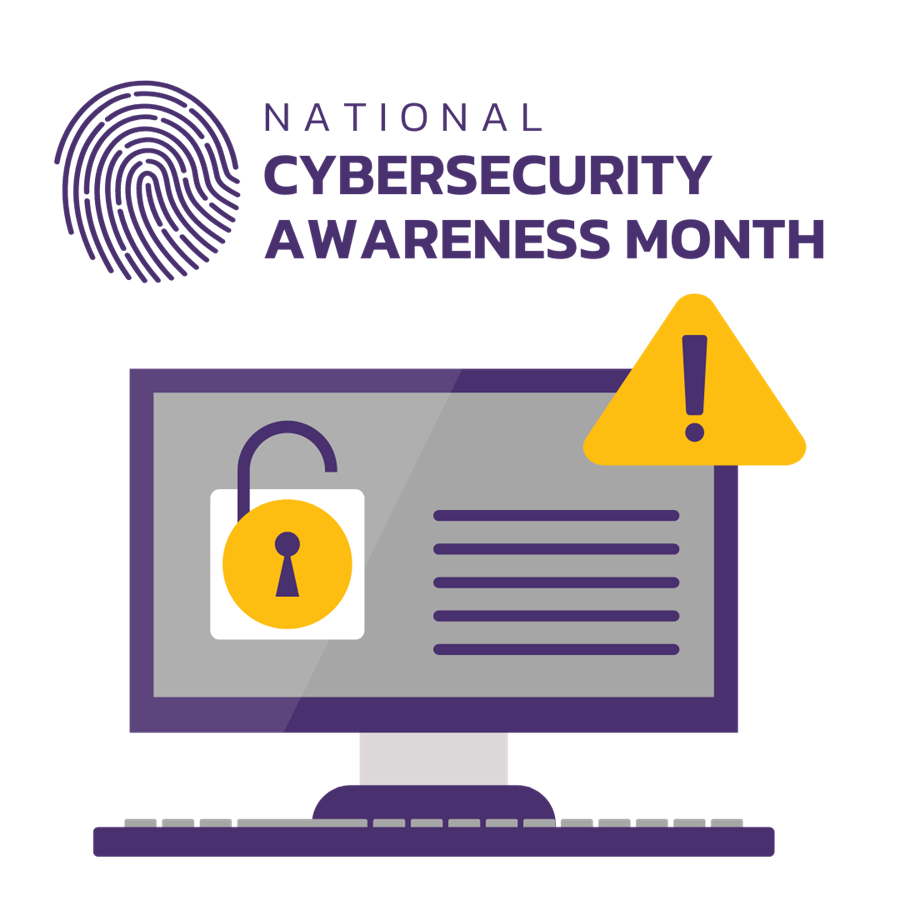October is CyberSecurity Awareness Month. College students may fall into believing: “Little ol’ me, what could I have that scammers would want?” Truth is, by hook or by crook, cybercriminals want all your information–and more importantly–all your money.
Anyone with computer, phone or mobile device connected to the Internet is a target for cybercrime. Thousands of lives have been crushed by hackers who steal information to empty bank accounts or sell to other scammers.
According to Compuquip, a Florida firm providing cybersecurity products and services, educational institutions are among the top three targets of cybercriminals.
“Education providers, including schools and universities, are appealing targets due to the large amount of personally identifiable information (PII) they hold on students, staff, and alumni. This information can be exploited for identity theft or targeted phishing scams,” the firm states on its website.
It is for such reasons that Minnesota State Mankato joins universities across the country in placing the highest priority on cybersecurity.
CYBERSECURITY TIPS FOR COLLEGE STUDENTS
According to Lexi Ajayi, Strategic Communications Coordinator, cybercriminals are attacking students with job scams.
“Students, beware of job scams! Cybercriminals are targeting college students with fake job postings and offers,” she said. “but what they really want is to steal your information and your money.’
Before applying for a job or accepting an interview or offer, students should:
- Double check the company’s legitimacy
- Never send them money
- Don’t accept checks from them
For more information on job scams and what to look out for, visit the FTC website: https://consumer.ftc.gov/articles/job-scams
Ajayi added that students’ social media habits could put them at risk.
Tips for staying safe on social media:
- Keep personal information, like your address and birth date, off of social media bios and posts.
- Use strong, unique passwords for each account and enable multi-factor authentication for extra security.
- Think twice before you post because once it’s online, it can be there forever! Protect your reputation and privacy.
Be CyberAware: Visit the University’s CYBERSECURITY AWARENESS RESOURCES webpage.

